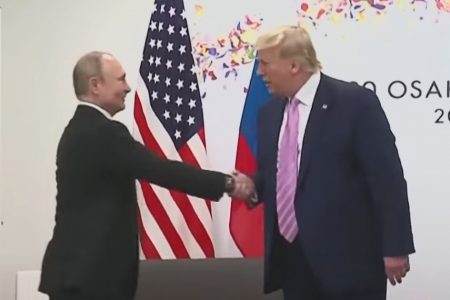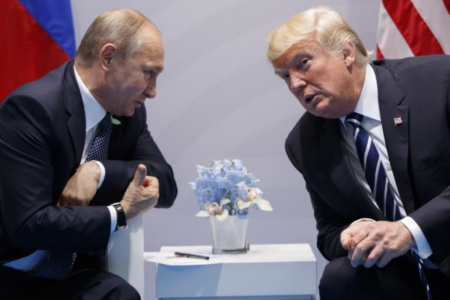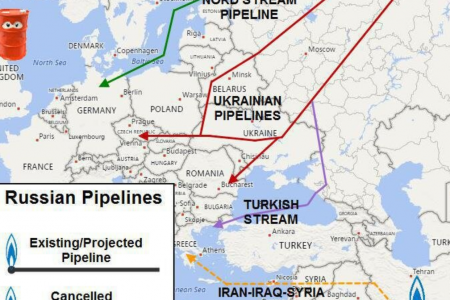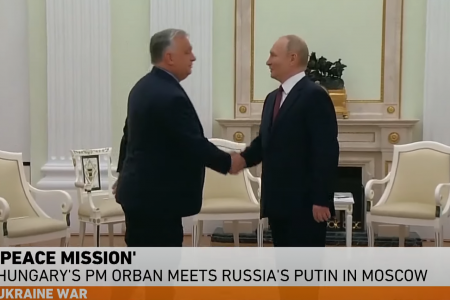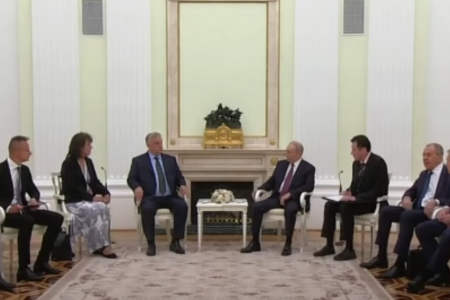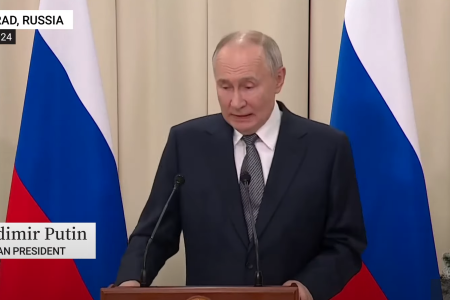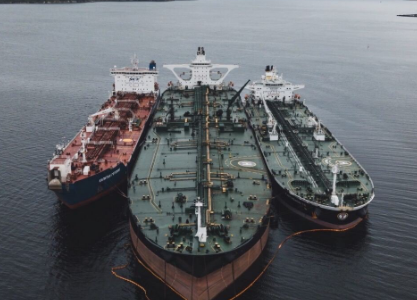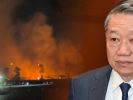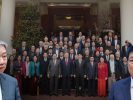
The Working Groups from the Governments of the United States and China have embarked on preparations for a virtual summit between the two heads of state at the end of the year. China gave an “ultimatum” in which the US side said: Xinjiang, Taiwan, Hongkong and the South China Sea are issues the US has no right to interfere. Will the US accept these demands?
Developments prior to Summit
On October 13, 2021, according to sources from Bloomberg Group, China established a representative group to discuss with the US Government on outstanding issues, ahead of the virtual summit between President Xi Jinping and President President Joe Biden which is expected to be held later this year. In an interview with China Central Television (CGTN), although it did not specify details, Chinese Deputy Foreign Minister Le Yu Cheng affirmed that the representative group gained some progresses with the US side.
“Dialogue and cooperation are indispensable while confrontation and conflict will lead us nowhere,” he said, adding that China attaches great importance to recent positive statements of the United States on bilateral relations. Recently, Washington and Beijing have been rebuilding ties that have been broken for years due to disagreements over many things, from trade and technology to the origins of the COVID-19 pandemic.
The upcoming US-China virtual summit will be the first public contact (via video) between President Biden and President Xi, although an exact date has yet to be set. According to Chinese Vice Foreign Minister Luo Yucheng, these high-level talks are proof that China’s door to dialogue is always open at any time. Mr. Lac also said that in the meantime, the two sides need to cooperate to build a good atmosphere and create positive conditions for the meeting of the two leaders.
China’s trade surplus with the United States in September 2021 stood at $42 billion, up from $37.68 billion in August. Last week, the two countries’ top trade officials also reviewed the implementation of the US-China Economic and Trade Agreement.
While China is seeking to describe upcoming high-level communications with the Biden administration as a resumption of “strategic dialogue,” the US has rejected comparisons to the previous uneffective process. Earlier this week, White House Press Secretary Jen Psaki also told reporters that she had no fresh information to offer about the Summit. “Right now, we are working and discussing at the expert level,” said Ms. Psaki.
However, the first sign of the “early thaw” came after the US released Huawei Technologies Co.’s Chief Financial Officer Meng Wanzhou. Later, the Chinese side also released two Canadians detained for alleged espionage since December 2018. However, both governments denied there was any link between the two moves.
Vice Minister Luo Yucheng said Beijing hopes President Joe Biden will keep his promise that the US will not seek a new Cold War with China. However, he warned, when targeting China, the US will realize that it has made “a bigger mistake” than the military defeat in Afghanistan, and that it is “playing with fire” on the Taiwan issue.
The Chinese deputy minister also mentioned some controversial issues between the world’s two largest economies, but he also talked about the potential for future cooperation. The agreement on this year’s high-level summit comes after top diplomats from China and the United States met in Zurich last week.
Where will the South China Sea be located?
Researchers and news analysts must be very interested in where the South China Sea (Vietnam calls it the East Sea) will be placed in the process of preparing for the US-China Summit? Before the meeting with Foreign Minister Wang Yi in Tianjin City on July 26, 2021, US Vice Secretary of State Wendy Sherman had a rather tense meeting with her Chinese counterpart Xie Feng.
Here, the Chinese diplomat said that the Sino-US relationship was at a “stalemate” and faced “serious consequences.” Xie accused the US of treating China as an “imaginary” enemy. At the following press conference, Mr. Ta said he had given the US delegation two lists, the first containing “actions that the US needs to stop” and the second, “the top concerns of China.” This is the first time that China has combined the controversial issues into two lists as a kind of “ultimatum” for the US side.
The list of actions that China suggested the US “need to stop” was lifting visa restrictions on Chinese nationals, lifting sanctions on Chinese officials and entities, removing restrictions on Chinese citizens, etc. Confucius Institute and Chinese Enterprises, stop treating Chinese media as foreign agents.
The list of Beijing’s “top concerns” includes the unfair treatment of Chinese citizens in the US, harassment of the Chinese Embassy and Consulates, the rise of the Chinese government, racist ideas against Chinese and Asians, acts of violence against Chinese citizens.
The Chinese deputy minister also added that the Chinese side also expressed dissatisfaction with the comments and actions of the US side related to the investigation into the origin of COVID-19, Xinjiang, Taiwan, Hong Kong and Hongkong, and the South China Sea.
The ambiguous statement of the diplomat as above shows that the South China Sea can be classified as the second list in the “top concerns” of China. This is not surprising, since the South China Sea has long been a “priority” along with Xinjiang, Taiwan and Hongkong as China’s “core interests.” With hot records related to Xinjiang, Hongkong, Taiwan and the South China Sea, the US and China have so far been unable to find a similar approach.
In an exchange with National Security Adviser Jack Sullivan in Zurich on October 6, 2021, Chairman of the Office of the CCP Central Committee’s Foreign Affairs Yang Jiechi also reaffirmed Beijing’s consistent position, considering four issues as China’s “core interests,” and the US must not use these topics to interfere in China’s internal affairs.
The meeting of senior US and Chinese diplomats comes as relations between the two sides continue to escalate since the time of President Donald Trump. When he took office earlier this year, President Joe Biden continued his tough approach to Beijing, including maintaining the policy of imposing tariffs, imposing a series of new sanctions against Chinese officials to protest Beijing’s actions regarding Hongkong, Xinjiang, Taiwan and the South China Sea.
But when considering these as its “core interests“, through Yang Jiechi’s statement, China seems to want to affirm that the US must not put the South China Sea issue on the negotiating table. Of course, as the US administration has repeatedly stated, that is not possible, because it is completely contrary to the previous principled position of the US regarding international waters regarding freedom of navigation operations under the Law of the Sea. international (FONOP).
After the meeting with the Chinese side, National Security Adviser Sullivan told reporters that the purpose of the meeting was “to do our best to create an environment for fierce competition between the United States and China.” can be resolved responsibly without turning to conflict or confrontation… My basic point to this issue is that fierce competition requires fierce diplomacy. So we need more, not less.”
The Treaty of AUKUS, the Australian-British-American Alliance was born on September 15 to strengthen the new security structure AUKUS – QUAD (Quad) – ASEAN, with the aim of not concealing and challenging increasing threats in the Free and Open Indo-Pacific (FOIP) space. As Secretary of State Blinken stated: “The United States does not seek confrontation, but it is also undeterred by threats to the interests of the United States and its allies.” In this context, the US-China Summit may open up some new opportunities. Southeast Asia is now truly one of the focal points of US and allied strategy. This is the right time for Vietnam to review some of its conceptions so far.
From re-evaluating the role of major countries in the internationalization of the South China Sea, to perfecting the system of strategic partners of Vietnam, there are issues that need updating. As for the Code of Conduct in the South China Sea (COC), Vietnam and the “frontline” members of ASEAN need to step up the fight so that the Code is legally binding, and must warn the region and the world about the intentions of neutralizing the COC, turning it into a disguised DOC (just like the Declaration of Conduct of the DOC), in order to paralyze the defense of Vietnam’s sovereignty and territorial integrity and relevant ASEAN members.
Thoibao.de (Translated)
Source: https://www.rfa.org/vietnamese/news/blog/china-us-summit-and-its-affects-on-vn-10182021105137.html



